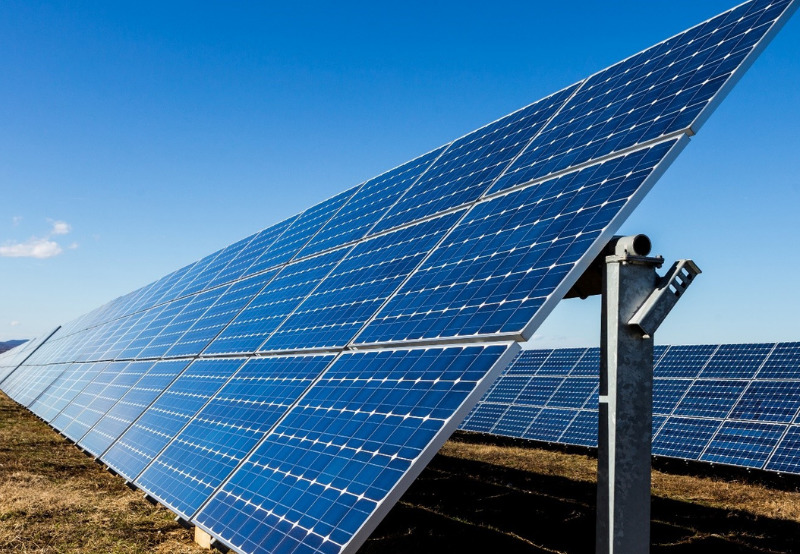In a significant step towards harnessing renewable energy and reducing power deficits, Meghalaya Chief Minister Conrad K Sangma launched the Chief Minister’s Solar Mission, a pioneering initiative aimed at ushering in a new era of green progress for the north eastern hill state.
The mission, backed by an investment of Rs 500 crore from the government over the next five years, is set to transform the state’s energy landscape and contribute to its sustainable development.
Financial Support and Ambitious Expansion: Cornerstones of the CM Solar Mission
The state government has allocated an annual investment of Rs 100 crore to kickstart the solar mission. Additionally, plans are underway to attract diverse funding partners, including contributions from corporate social responsibility, carbon credits, and international organizations sharing the vision of sustainable energy.
This aggressive expansion plan is set to be supported by net metering, which will allow higher capacity hybrid solar units to feed energy into both local and national grids. The subsidy structure is designed to encourage a broad range of beneficiaries, with individual households eligible for a 70% subsidy and schools, hospitals, hotels, and commercial entities qualifying for a 50% subsidy.
Beyond Solar: LED Assembling and Battery Manufacturing
In addition to the solar mission, Chief Minister Sangma unveiled plans for setting up LED assembling units across the state, providing employment opportunities for the youth and advancing self-reliance.
Moreover, discussions are underway with battery manufacturers to establish battery production and maintenance facilities within Meghalaya. These initiatives further contribute to the state’s overall goal of achieving energy sustainability and promoting local economic growth.
Hydel Challenges and the Path Forward
Meghalaya’s current power generation is predominantly hydel-based, relying on river water for energy production. However, variations in rainfall can impact hydel power generation, leading to deficits during dry periods. The state’s installed hydel power capacity stands at 378.7 MW, with peak demand exceeding 500 MW. The Chief Minister’s Solar Mission aims to bridge this gap and create a more reliable and sustainable energy ecosystem.




 Which Country Officially Uses Two Differ...
Which Country Officially Uses Two Differ...
 Historic Glory! Jammu & Kashmir Win ...
Historic Glory! Jammu & Kashmir Win ...
 Three Major Inland Waterways Projects Op...
Three Major Inland Waterways Projects Op...








